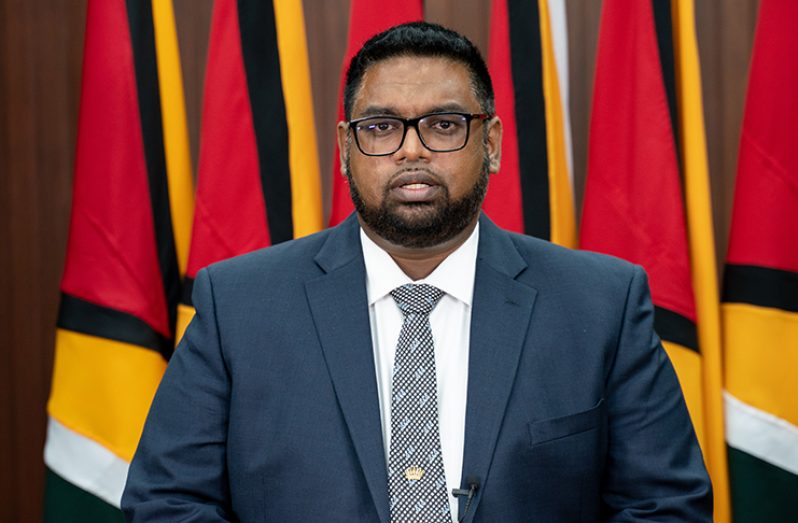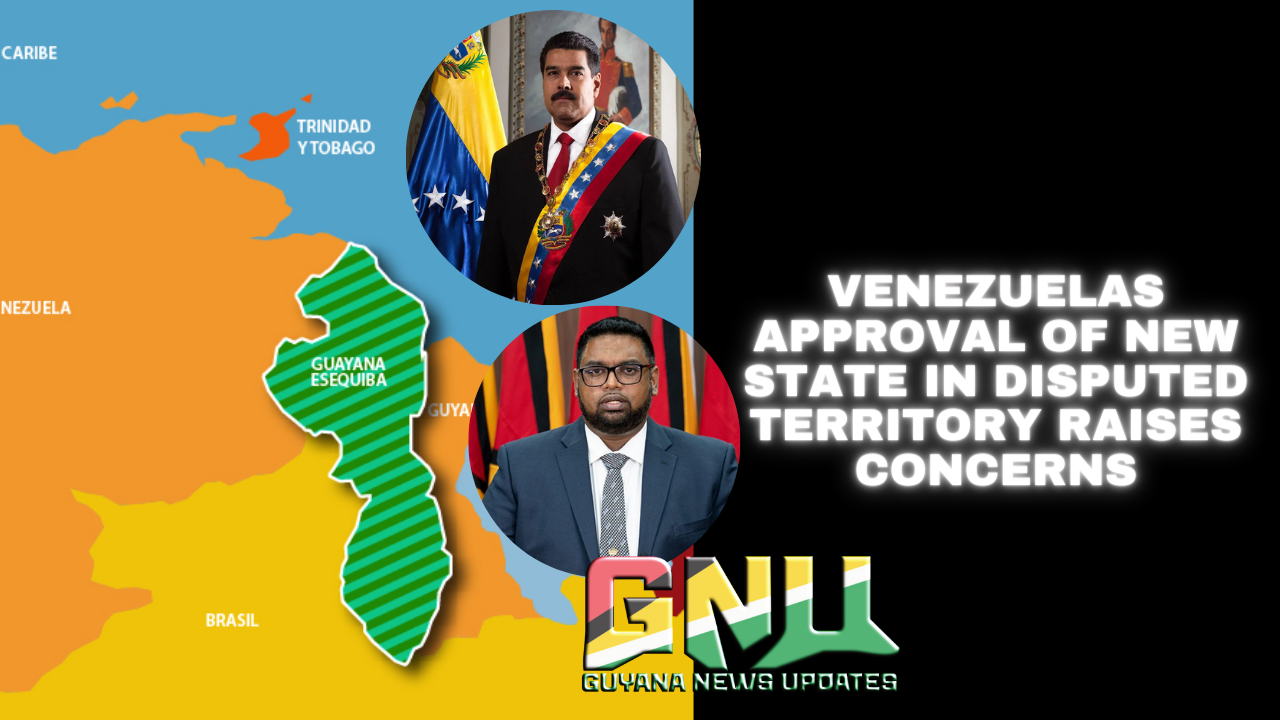Venezuelas Approval of New State in Disputed Territory Raises Concerns
Venezuelas Approval of New State in Disputed Territory Raises Concerns
Table of Contents

Lawmakers aligned with the government of President Nicolas Maduro in Venezuela have given the green light for the creation of a new state in a territory that has long been contested with neighboring Guyana.
This move comes despite an ongoing international court case regarding the disputed area. The newly approved state, named Guayana Esequiba, covers approximately 160,000 square kilometers (62,000 square miles) of land.

President Maduro has recently emphasized Venezuela’s purported right to govern the Esequibo region, but experts note that this decision will have no immediate practical implications. Last December, both Venezuela and Guyana agreed to de-escalate tensions and refrain from using force in the dispute, pending a decision by the International Court of Justice (ICJ) regarding territorial ownership.
However, Venezuela has expressed its reluctance to recognize the ICJ’s authority, citing a December referendum as justification for asserting control over Esequibo and permitting oil exploration in the area. The referendum purportedly garnered support from over 10 million Venezuelans, although official results have not been released. Guyana, meanwhile, has reaffirmed its stance on defending its sovereignty and maintaining its borders.
The approval of the new state by Venezuela’s National Assembly has sparked grave concern in Guyana, with the government condemning the move as a blatant violation of its sovereignty and territorial integrity. Guyana asserts that Venezuela’s actions contravene international law, including the United Nations Charter and the Order on provisional measures issued by the ICJ.
In response, Guyana has reaffirmed its commitment to peace in the region while vowing to protect its sovereignty and territorial integrity. The government has called on the international community to reject Venezuela’s unilateral expansionism and urged Venezuela to abide by the ICJ’s jurisdiction for a final resolution of the border dispute.
As tensions escalate, the international community will closely monitor developments in this longstanding territorial dispute between Venezuela and Guyana.
Also read Two Remanded in Cybercrime Case

Pingback: Princess Catherine of Wales Announces Cancer Diagnosis - News Updates
Pingback: Opposition Joins Government in Denouncing Venezuelan Aggression - News Updates